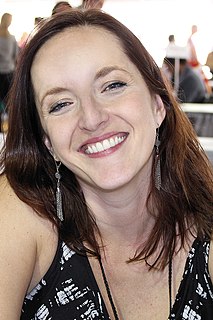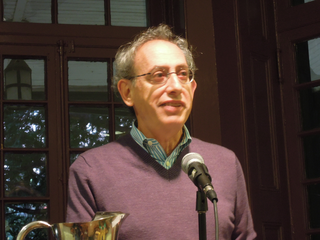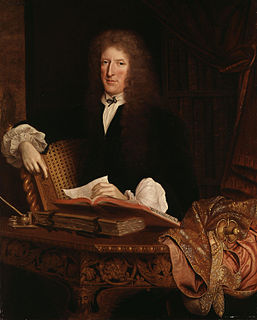A Quote by Benjamin Disraeli
Some will read only old books, as if there were no valuable truths to be discovered in modern publications: others will only read new books, as if some valuable truths are not among the old. Some will not read a book because they know the author: others . . . would also read the man.
Related Quotes
Read not to contradict and confute; nor to believe and take for granted; nor to find talk and discourse; but to weigh and consider. Some books are to be tasted, others to be swallowed, and some few to be chewed and digested: that is, some books are to be read only in parts, others to be read, but not curiously, and some few to be read wholly, and with diligence and attention.
The current publishing scene is extremely good for the big, popular books. They sell them brilliantly, market them and all that. It is not good for the little books. And really valuable books have been allowed to go out of print. In the old days, the publishers knew that these difficult books, the books that appeal only to a minority, were very productive in the long run. Because they're probably the books that will be read in the next generation.
I've only cried at one book, but I'm too embarrassed to tell you which. It wasn't terribly intellectual. I will admit, though, to crying when I've read books aloud to my elementary class. We read a biography of Gandhi once, and it was very difficult to read the part where Gandhi was killed, because they were waiting for a happy ending.
If you are reading in order to become a better reader, you cannot read just any book or article. You will not improve as a reader if all you read are books that are well within your capacity. You must tackle books that are beyond you, or, as we have said, books that are over your head. Only books of that sort will make you stretch your mind. And unless you stretch, you will not learn.
It takes me about a week and a half to read the typical book. I don't know how many ten-day spans I have left. Eventually the unread books on my shelves will have to be abandoned, or they will join me on the pyre. The book I'm about to purchase may be among them. We all buy books we won't live to read.
The Bible differs from all other books in that it never wears out. Other books are read and laid aside, but the Bible is a constant companion. No matter how often we read it or how familiar we become with it, some new truth is likely to spring out at us from its pages whenever we open it, or some old truth will impress us as it never did before. Every Christian can give illustrations of this.



































